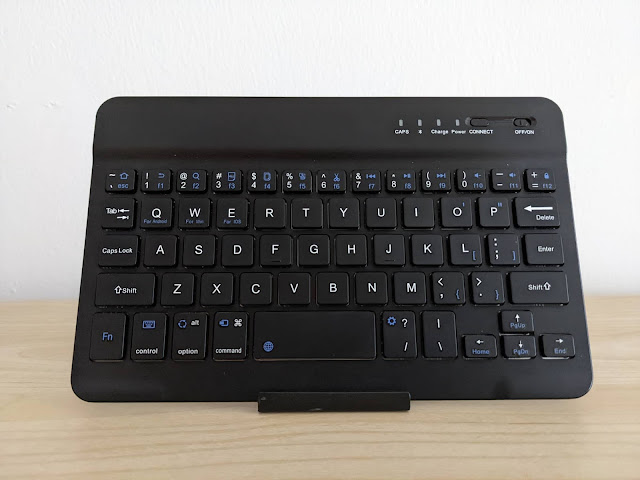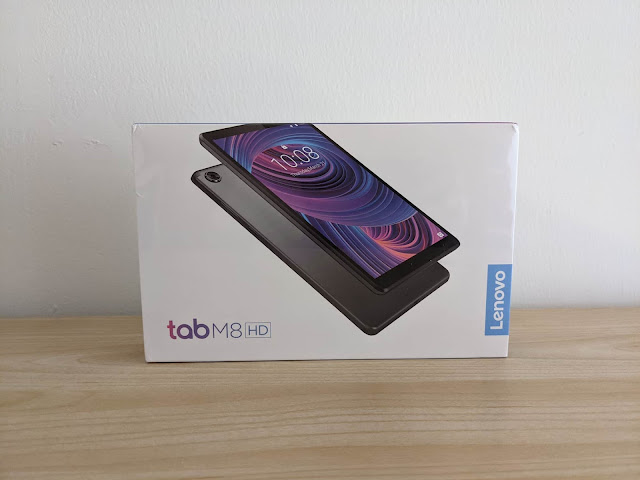Reading Impractical Python Projects
If you experienced the home and personal computing revolution of the early 1980s, you may have read some books that got you hooked up with programming. These books led you through the intellectual adventure of using computing to explore interesting problem domains.
I got a recent book that brought back that fascination and excitement with programming, Impractical Python Projects: Playful Programming Activities to Make You Smarter by Lee Vaughan.
The book is not a Python tutorial or guide. Instead, it presents stimulating coding projects for non-programmers who want to use Python for doing experiments, test theories, or simulate natural phenomena. This includes professionals who are not software developers but use programming to solve problems in science and engineering.
Exploring and understanding the problem domain is an integral part of the book’s projects along with the coding. This is unlike typical programming books where the examples are often trivial, have little or no domain depth, and are stripped of everything but the essentials.
The science and engineering Impractical Python Projects covers include some great ones that match my interest in astronomy and space such as estimating alien civilizations with the Fermi Paradox, simulating a volcano on Jupiter’s moon Io, simulating orbital maneuvers, and stacking planetary images.
The sample code is straightforward and clear. Since the book is not a language tutorial, it focuses on prototyping and exploration rather than building large and maintainable systems.
This book is worth alone the Humble Bundle of No Starch Press Python programming books I purchased it with.
I got a recent book that brought back that fascination and excitement with programming, Impractical Python Projects: Playful Programming Activities to Make You Smarter by Lee Vaughan.
 |
| The cover of the book Impractical Python Projects in the Google Play Books app on my Pixel 2 XL phone. |
The book is not a Python tutorial or guide. Instead, it presents stimulating coding projects for non-programmers who want to use Python for doing experiments, test theories, or simulate natural phenomena. This includes professionals who are not software developers but use programming to solve problems in science and engineering.
Exploring and understanding the problem domain is an integral part of the book’s projects along with the coding. This is unlike typical programming books where the examples are often trivial, have little or no domain depth, and are stripped of everything but the essentials.
The science and engineering Impractical Python Projects covers include some great ones that match my interest in astronomy and space such as estimating alien civilizations with the Fermi Paradox, simulating a volcano on Jupiter’s moon Io, simulating orbital maneuvers, and stacking planetary images.
The sample code is straightforward and clear. Since the book is not a language tutorial, it focuses on prototyping and exploration rather than building large and maintainable systems.
This book is worth alone the Humble Bundle of No Starch Press Python programming books I purchased it with.


